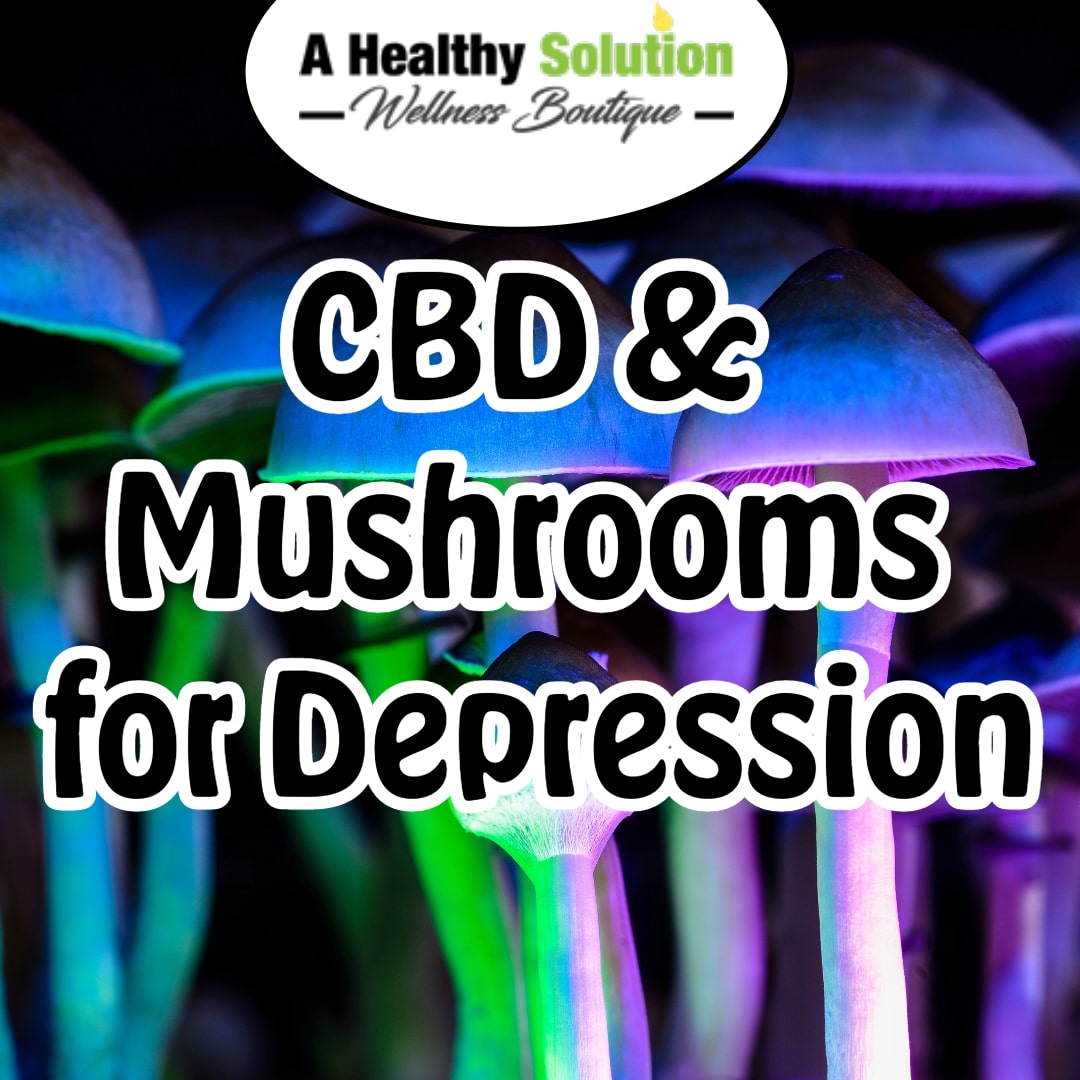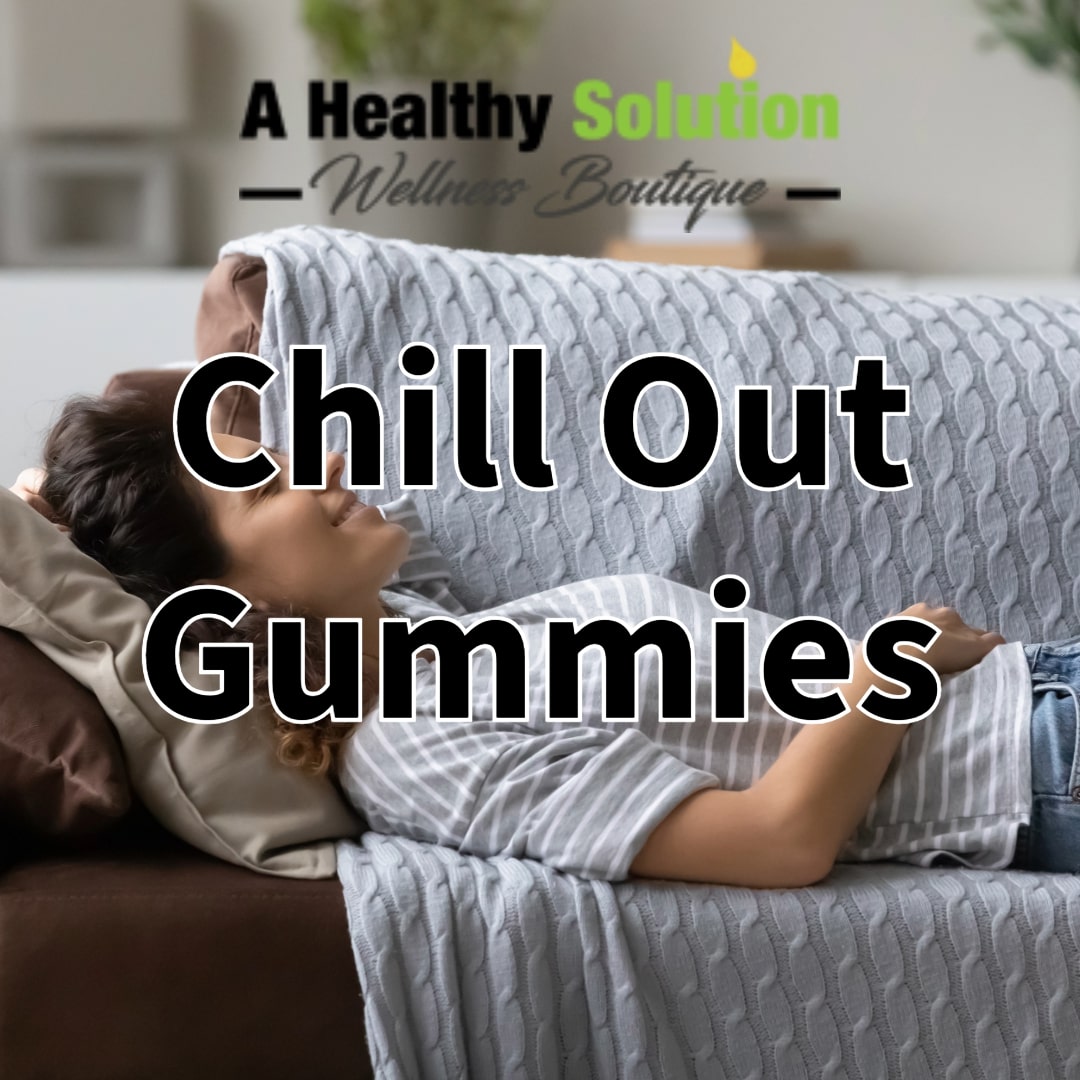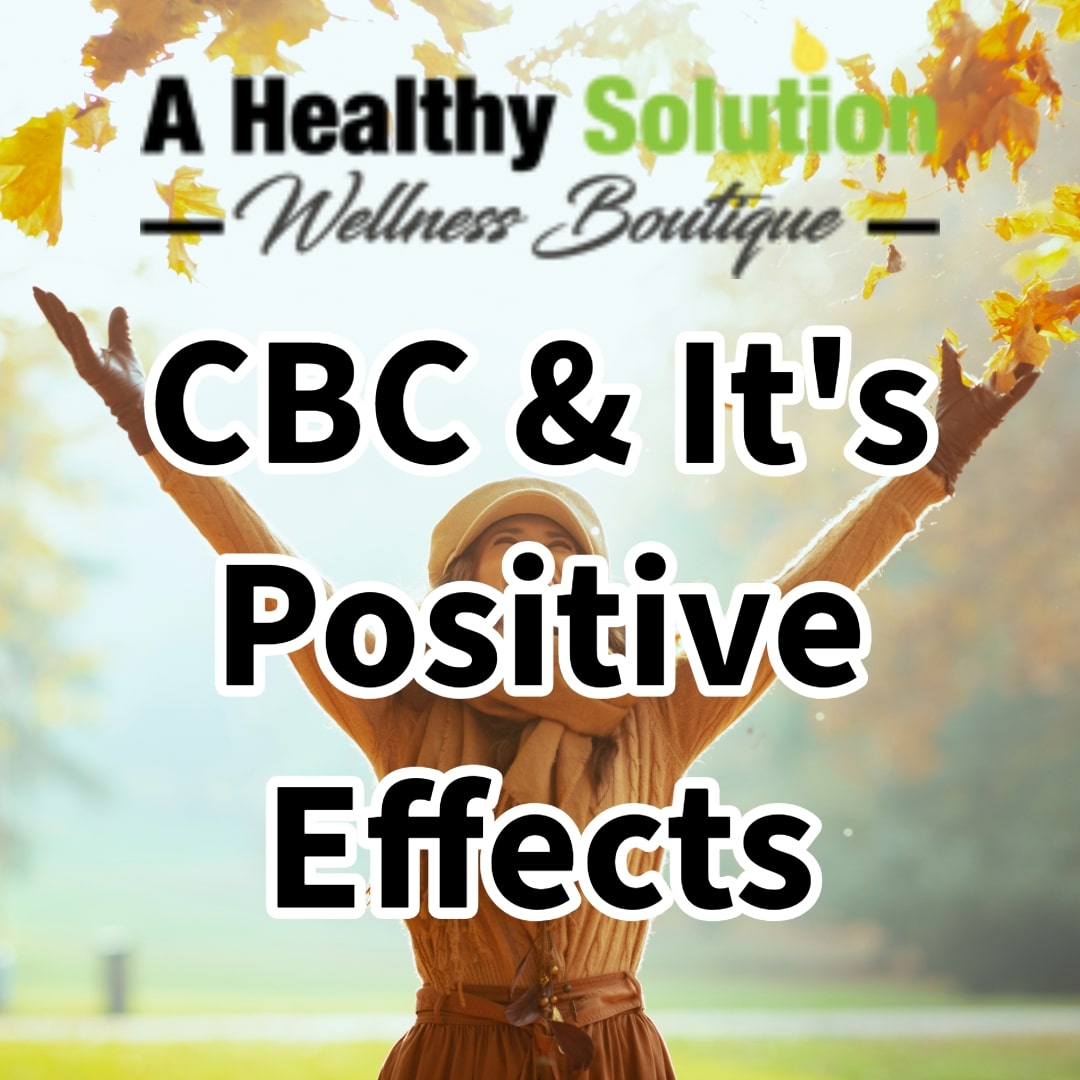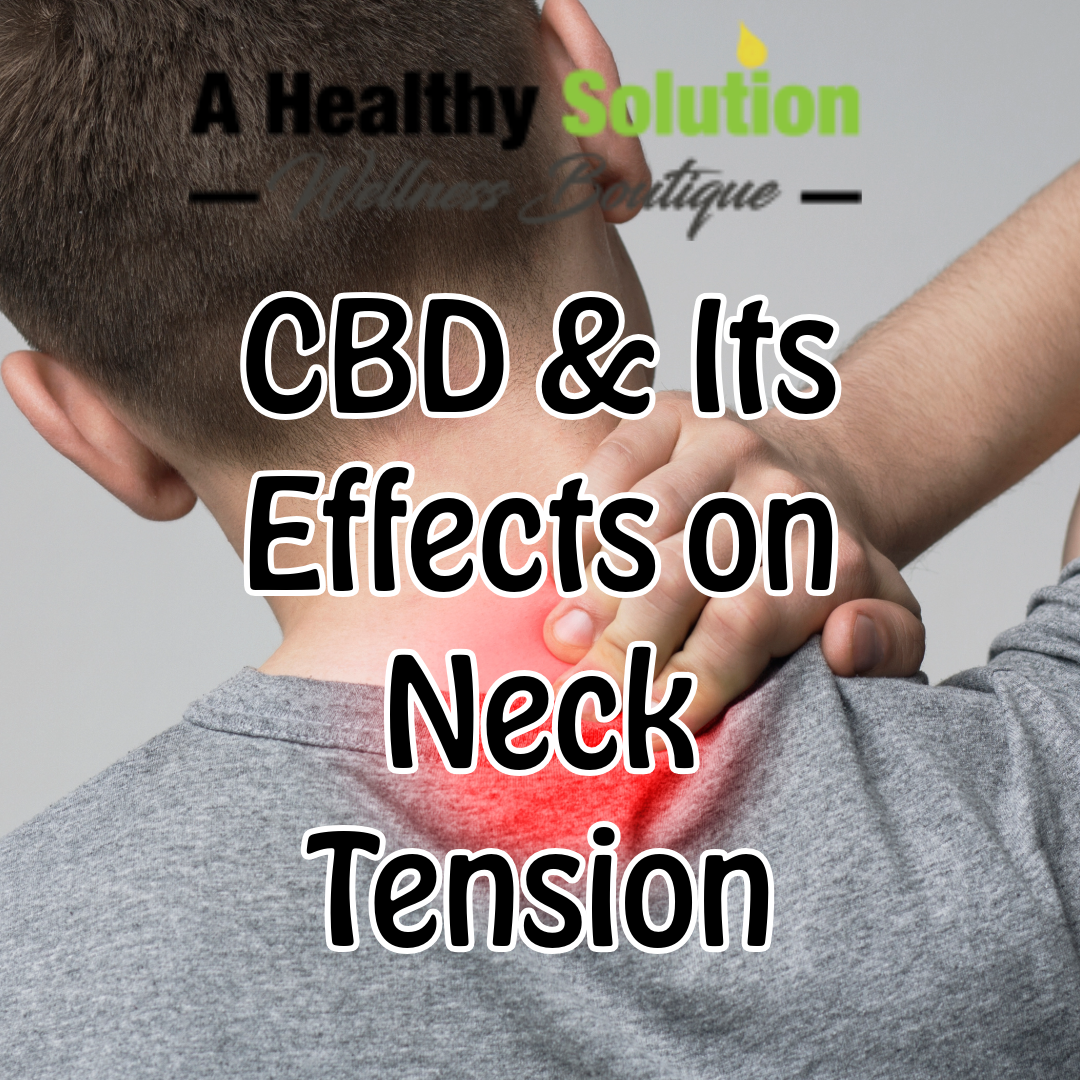Many people experience depression at least once in their lives. There is also a chunk of the population that experiences chronic depression that can last a few months, to a few years. Everyone experiences it differently and at different intensities, but that doesn’t mean we should put up with it and not have a solution. Depression can occur from having low serotonin levels. Serotonin is a powerful neurotransmitter that is responsible for regulating mood, sleep cycle, appetite, and digestion, among many other things. Low serotonin levels are known to cause Anxiety/Depression, aggression, impulsive behavior, insomnia, irritability, low self-esteem, poor appetite, and poor memory. While everyone treats their depression differently, we will be talking about how CBD and mushrooms can help as a treatment.
Let’s start with CBD and how it helps with depression:
Cannabidiol (CBD) is a type of natural compound known as cannabinoid. Cannabinoids are found in the cannabis plant. This plant can sometimes be called hemp or marijuana, depending on their level of tetrahydrocannabinol (THC), another cannabinoid. Low serotonin levels are likely connected to depression. CBD doesn’t necessarily boost serotonin levels, but it may affect how your brain’s chemical receptors respond to the serotonin that’s already in your system. CBD works by naturally balancing endocannabinoids, which results in a healthy response to what you are experiencing. This may be of benefit to both anxiety and depression. Some research suggests that in addition to impacting the endocannabinoid system, cannabidiol may influence receptors involved in the modulation of serotonin. It is very important that you consult your primary care provider before taking CBD if you are currently taking medications to prevent any contraindications with any medications you might be taking.
Now let’s talk about mushrooms and how they are used for depression:
There’s a decent stigma with mushrooms that cause people to think they’re only for “getting messed up,” but it can actually be used for much more. Let’s talk about psilocybin for this article. Research has shown that psilocybin can reduce activity in the default mode network of the brain, which can be described as the brain’s “inner narrator that’s telling you you’re not good enough, you need to work harder, and you’re not loved.” As a result, it tames the negative thoughts that often run in the background during depression. It has been shown that psilocybin microdosing to be associated with improvements in mood and mental health, which adds to the growing body of research that suggests positive benefits of microdosing specifically in the domains of mental health and cognition.
As stated in another article we wrote, “Psilocybin works by activating serotonin receptors, most often in the prefrontal cortex. This part of the brain affects mood, cognition, and perception. Hallucinogens also work in other regions of the brain that regulate arousal and panic responses. Psilocybin does not always cause active visual or auditory hallucinations. Instead, it distorts how some people who use this product perceive objects and people already in their environment. The quantity of the product a person consumes, their past experiences, and their expectations of how the experience will take shape can all impact the effects of psilocybin.”
The main concern when doing any form of mushrooms is taking too much and causing a “trip.” Luckily, when mushrooms are microdosed (each type has to be dosed differently), they can be beneficial to mental health, and you can skip that stereotypical “trip” that most people talk about.
At AHS, we will be doing a seminar on microdosing and mushrooms to help teach more people how to treat their symptoms and improve their quality of life.
As for any form of treatment, we always recommend consulting a health care professional if you notice your symptoms getting worse or trying any new treatments. If you are experiencing a medical emergency, dial 911 or consult a suicide hotline.






Leave A Comment
You must be logged in to post a comment.